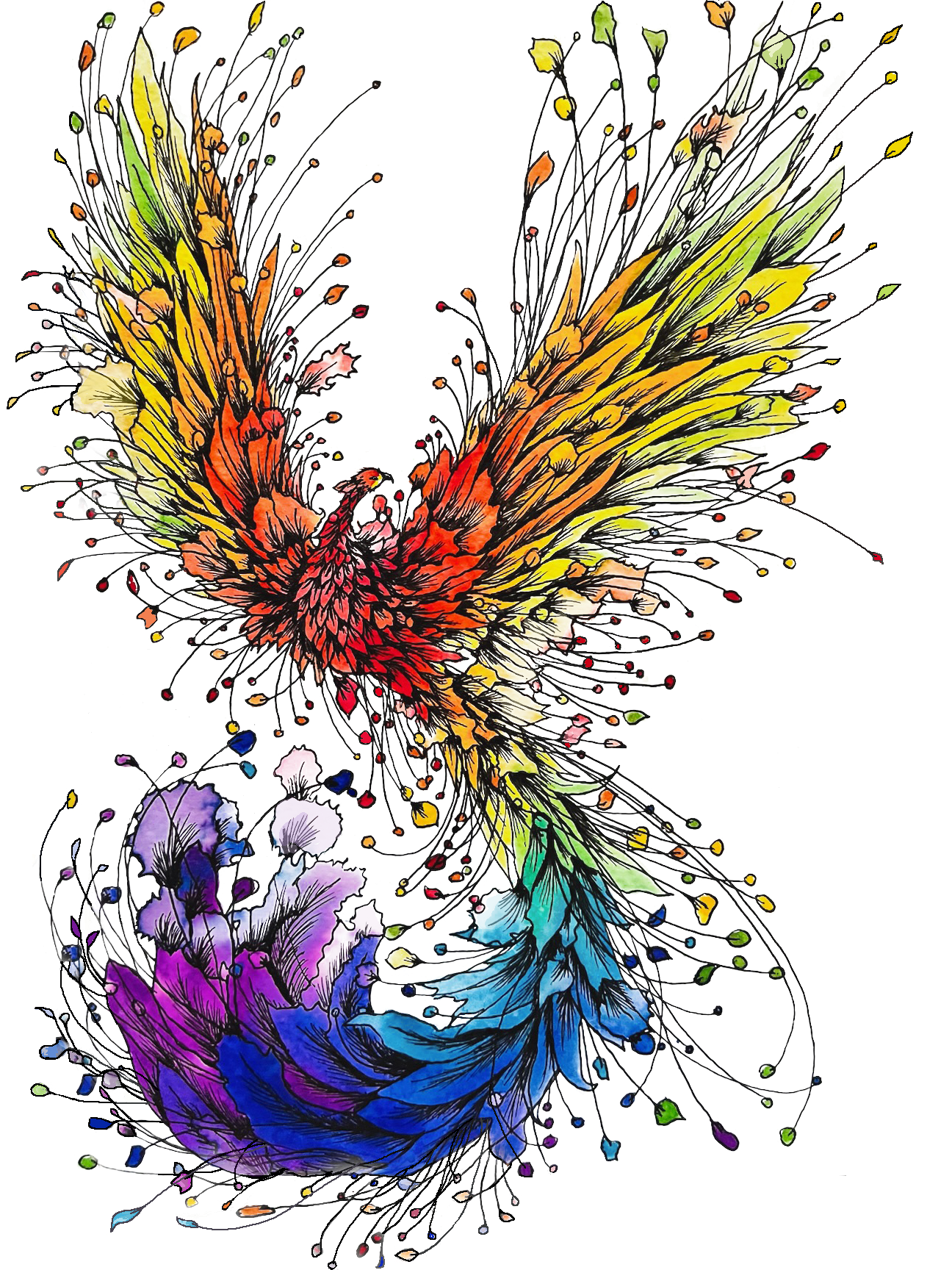Integrating the Shadow: How Psychedelics Illuminate Our Hidden Selves
Psychedelics have sparked renewed interest as powerful tools for self-exploration and psychological healing, particularly within the framework of Carl Jung’s concept of the “shadow.” Jungian psychology views the shadow as an unconscious aspect of the personality that consists of repressed weaknesses, desires, and instincts. The process of "shadow work" is the integration of these neglected parts, and it can be a challenging journey of self-confrontation, reflection, and acceptance. Psychedelics, by altering perception and dissolving the ego's defenses, provide a unique means of accessing and engaging with the shadow, encouraging deep psychological transformation.
The shadow is the hidden part of ourselves that we are often unwilling to acknowledge, as it consists of thoughts, feelings, and traits that are at odds with our self-image. Jung believed that we unconsciously project our shadow onto others, leading to prejudices, interpersonal conflicts, and a disjointed sense of self. Integrating the shadow involves recognizing these repressed elements and reintegrating them into conscious awareness, creating a more complete and authentic self.
Psychedelics can be potent tools in this process, as they allow people to confront their shadow without the usual filters and defenses. The experience often brings the subconscious to the surface, giving people a chance to observe their suppressed fears, guilt, and unresolved trauma.
When under the influence of psychedelics, the rigid boundaries of the ego—the part of us that upholds our conscious self-image—are softened. This openness allows for direct access to the unconscious mind, where the shadow resides. Research shows that psychedelics like ketamine, psilocybin, LSD, and ayahuasca tend to quiet a part of the brain called the default mode network (DMN), which governs self-referential thinking. In a psychedelic state, the DMN’s activity is reduced, resulting in a “loss of ego” or ego dissolution. This dissolution permits us to view ourselves from a less biased, more compassionate perspective, making it easier to acknowledge aspects of our shadow.
For example, feelings of guilt, shame, and anger that one may normally avoid can emerge vividly during a psychedelic experience. This confrontation, though often intense, allows people to address these emotions directly, understand their origin, and ultimately process and release them. Importantly, psychedelics do not remove the challenging aspects of shadow work but rather invite us to experience them in a supportive context where healing becomes possible.
Psychedelics also encourage emotional catharsis, a release of repressed emotions that may be otherwise difficult to access. For many, traumatic memories are stored in the unconscious as painful, unresolved experiences. Psychedelics may help dissolve the mental walls around these memories, allowing individuals to relive and reframe past events, often from a detached or forgiving perspective. This process not only relieves the emotional weight of these experiences but also transforms how individuals understand themselves and their actions.
In this way, psychedelics can initiate a kind of psychic “spring cleaning,” where the individual not only releases long-buried emotions but begins to reintegrate them into a healthier and more balanced psyche. Rather than seeing these repressed aspects as negative, they become sources of strength, compassion, and self-acceptance.
Integrating a psychedelic experience is crucial for lasting transformation. After a psychedelic journey, people often report a deeper understanding of themselves and newfound insight into long-standing problems. However, the insights gained need to be assimilated into daily life for meaningful change to occur. Integration practices, such as journaling, therapy, and mindfulness, help translate psychedelic revelations into actionable steps.
During integration, people often revisit the shadow elements that arose during the psychedelic experience and process them in a conscious, intentional way. By doing this, they cultivate a greater self-awareness, empathy, and emotional resilience. Shadow work thus becomes a lifelong journey rather than a one-time event, and each insight gleaned contributes to a more harmonious and authentic self.
In the context of Jungian psychology, psychedelics offer a profound pathway to exploring the shadow. By reducing ego barriers and making repressed emotions accessible, psychedelics facilitate shadow work that might otherwise take years in traditional therapy. This journey is not without challenges, as confronting the shadow can be uncomfortable, even painful. Yet, through catharsis, compassion, and consistent integration, individuals can cultivate a deeper understanding of themselves, fostering healing and wholeness. Psychedelics, when approached with respect and guidance, can be transformative allies on the path to self-discovery and psychological integration.
